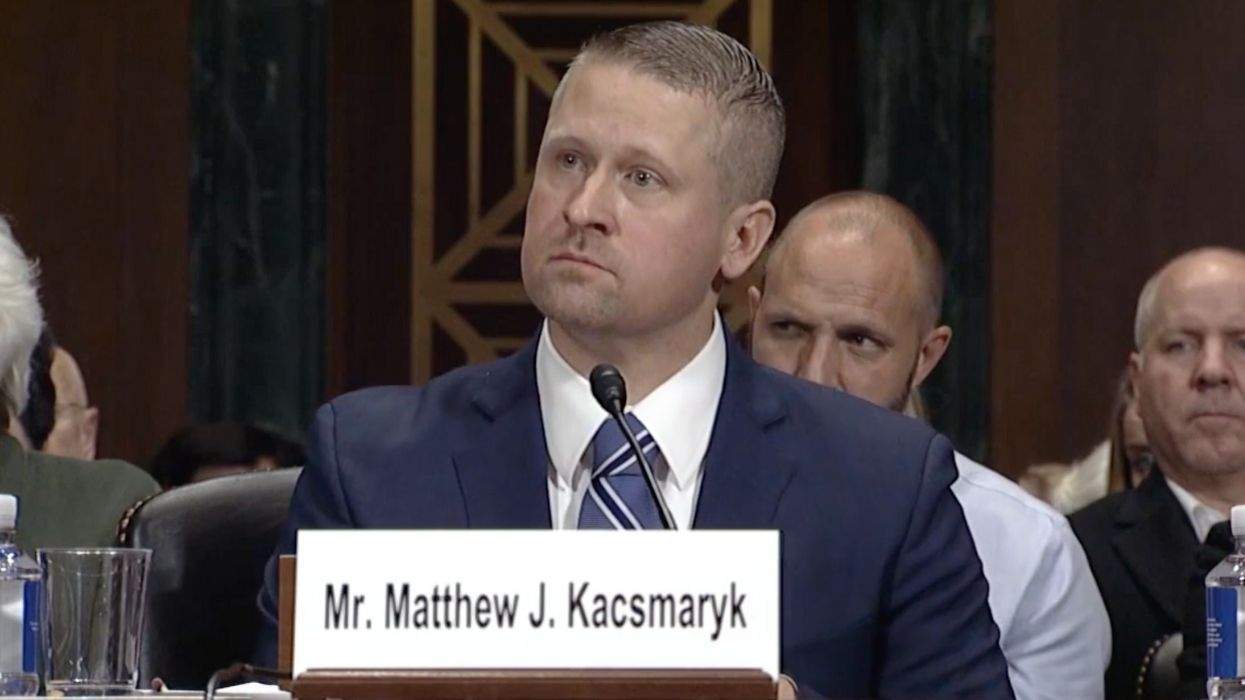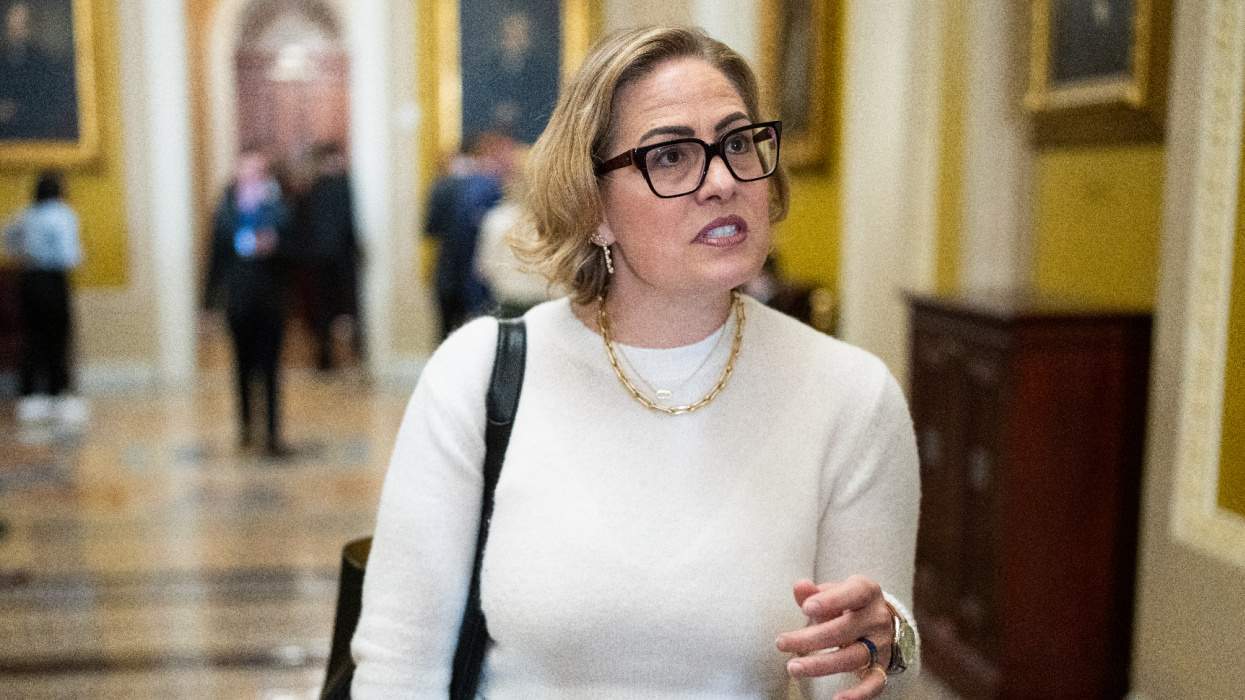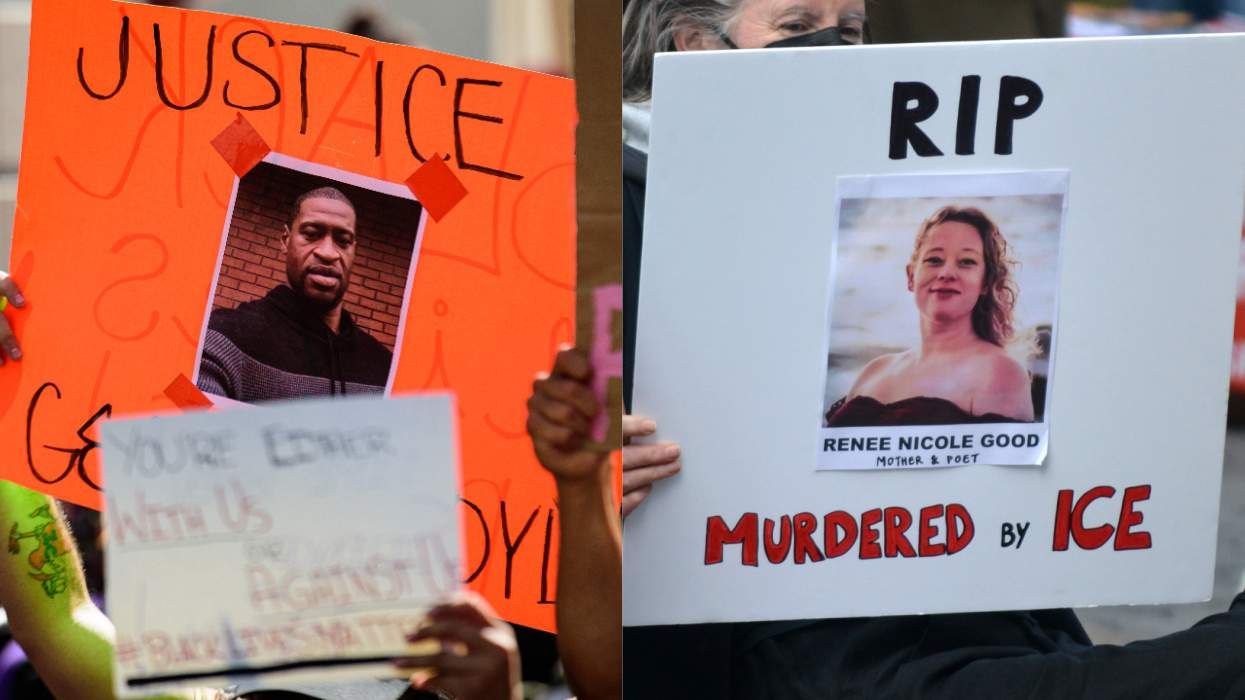On January 22, 1973, the U.S. Supreme Court issued its landmark Roe v. Wade ruling, striking down prohibitions on abortion nationwide. The ruling stood until June 24, 2022, when the court overturned it in Dobbs v. Jackson Women’s Health Organization. Both rulings have great implications not only for abortion rights but for bodily autonomy in general.
In Roe, the court ruled 7-2 that the right to abortion was covered by the constitutional right to privacy. It set up a trimester system for the regulation of abortion. During the first trimester, about 12 weeks of pregnancy, states could not regulate the procedure. In the next 12 weeks, states could regulate but not ban it in the interest of the pregnant person’s health. In the final trimester, states could ban abortion except in cases where the pregnant person’s life or health was threatened.
Roe came in the case of a Texas woman with an unwanted pregnancy, identified under the pseudonym Jane Roe, challenging the state’s anti-abortion law. The ruling did not come down in time for her to have an abortion, and she gave birth and gave the child up for adoption. She was later identified as Norma McCorvey, a lesbian who occasionally had sex with men, sometimes for pay. She eventually became an evangelical Christian and part of the anti-abortion movement, but at times she expressed views at odds with both that movement and the abortion rights movement. She also once said she switched sides only for money. She died in 2017 at age 69.
In any event, the ruling named for her became the law of the land. The Roe decision drew on earlier ones recognizing the right to use contraception, and Lawrence v. Texas, the 2003 decision striking down state laws against sodomy, drew on Roe.
“The Court’s decision to strike down a state law criminalizing gay sex between consenting adults is grounded squarely in the jurisprudence of reproductive rights,” Cynthia Dailard wrote in the Guttmacher Policy Review in 2003. “The majority opinion is a virtual primer on almost all the major reproductive rights cases of the past four decades.”
That’s a good reminder not only that LGBTQ+ people need reproductive rights just like anyone else — the rights to abortion, contraception, and assisted reproduction — but that the rights to control one’s love life and sex life are intimately entwined with reproductive rights.
Ever since Roe was handed down, there had been efforts to chip away at it, with a national ban on federal funding for abortion and states testing how far they could go in regulating the procedure. Some states even passed laws they knew would conflict with Roe in order to set up a Supreme Court case, or so-called trigger laws, banning or severely restricting abortion as soon as the high court overruled Roe.
The Dobbs decision came in a case out of Mississippi, which had passed a law banning abortion after 15 weeks of pregnancy. The ruling was possible because deaths and retirements of justices had given Donald Trump the opportunity to appoint three conservatives, giving the court a 6-3 conservative majority. In 2016, President Obama’s last year in office, then-Senate Majority Leader Mitch McConnell refused to let the body vote on Obama’s nomination of Merrick Garland to the court after the death of Justice Antonin Scalia.
“The Constitution does not confer a right to abortion; Roe and Casey [a 1992 decision affirming the right to abortion] are overruled; and the authority to regulate abortion is returned to the people and their elected representatives,” Justice Samuel Alito wrote for the court majority.
Since the Dobbs ruling, 21 states have banned abortion or restricted it severely, by the latest count in The New York Times. Most are in the South and Midwest. Some other states have strengthened their protections for abortion rights.
There has been fallout concerning other bodily autonomy rights as well. When the Dobbs ruling was issued, conservative Justice Clarence Thomas said the court should use the same rationale to overturn Lawrence and Obergefell v. Hodges, the latter being the 2015 marriage equality ruling. Alito has also called for overturning Obergefell. That would take a case getting to the court. In the meantime, the Respect for Marriage Act, passed by Congress and signed into law by President Biden in 2022, wrote marriage equality into federal law, protecting it from court action to a great degree. There have been attempts to pass a law reflecting Roe’s provisions too, but so far none has succeeded.
Then last year, the U.S. Court of Appeals for the Sixth Circuit cited Dobbs in letting Tennessee’s ban on gender-affirming care for transgender minors go into effect. That raises the possibility that as long as Dobbs stands, it will be used to attack health care for trans people.
With all this going on, it’s important to be vigilant and proactive, according to LGBTQ+ activists we’ve interviewed. Among their suggestions: With your money or time, support organizations that provide abortions, contraception, and LGBTQ+ health care, and those that advocate for access to these procedures. Support LGBTQ+ rights organizations in general. Support politicians who’ll protect bodily autonomy rights. And above all, vote.















Charlie Kirk DID say stoning gay people was the 'perfect law' — and these other heinous quotes
These are some of his worst comments about LGBTQ+ people made by Charlie Kirk.